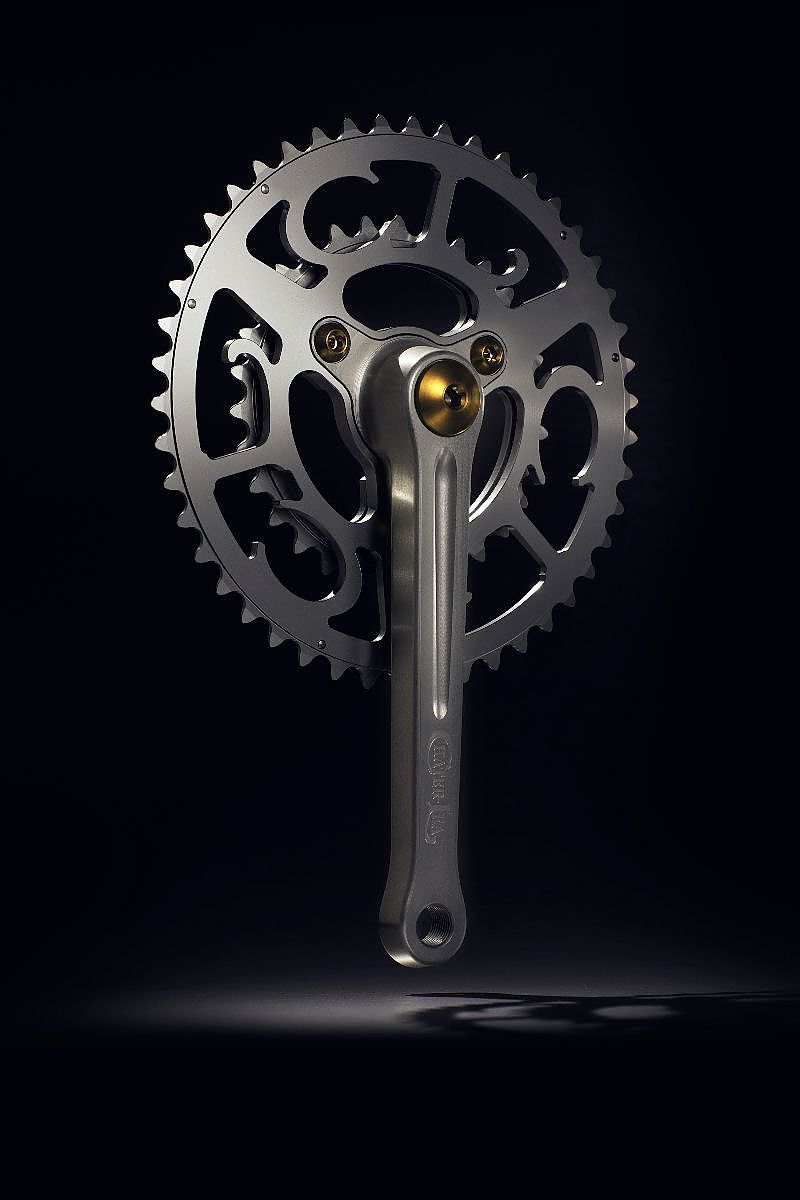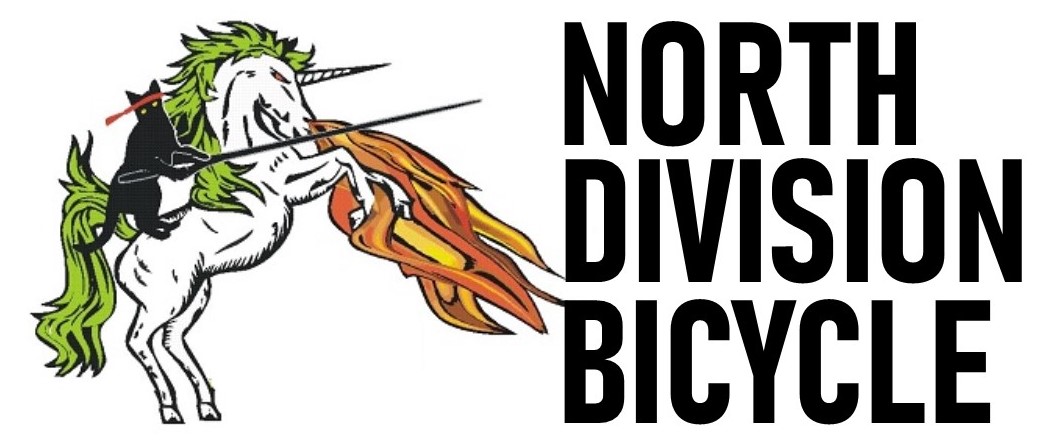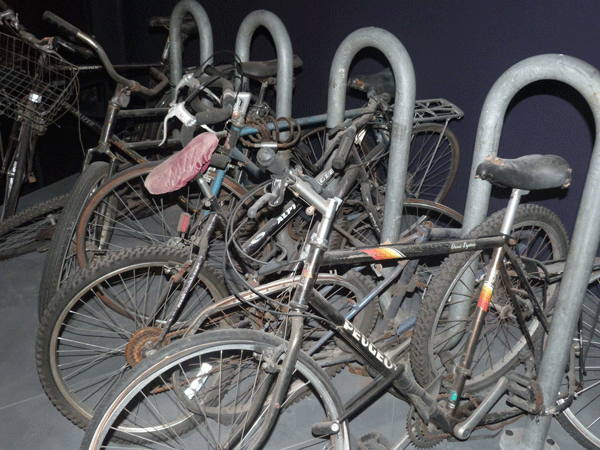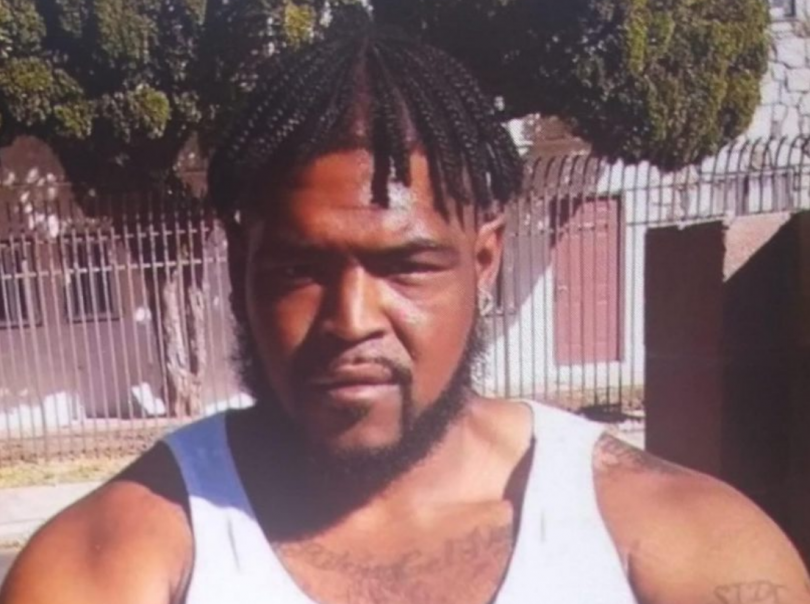I'm no political junkie. But it's hard to imagine a lower point in the political history of this country than last night's debate.
I think Joe Biden did about as well as anyone could have in the circumstances. He kept his composure about as well as anyone could have in the presence of Donald Trump.
Note a phrase I repeated in the previous paragraph: "about as well as anyone could have." The thing about Trump, I believe, is that he knows, deep down, he can't win a reasoned intellectual argument. So he lies, gaslights, impugns character and otherwise attacks people in ways that can't be responded to under Robert's Rules of Order, or even the Marquis of Queensbury rules.
Why am I writing about this on a blog about bicycling? Well, I think Trump's behavior has implicitly given permission for folks who have power and strength--whether it's financial, institutional or purely physical; whether it's sanctioned by the State or some other recognized authority--to wield it deliberately or without discretion against those who are more vulnerable than themselves.
An example of what I'm talking about took place in Seattle, where a police officer rode his bicycle over the head of a protester:
Amazingly, that protester, known locally as "Trumpet Man," didn't end up with anything worse than some shoulder and neck pain. Some might say the officer did what he did unintentionally. Even if he did, he should be called to account: At the least, he can use some re-training. If his actions were deliberate, of course, he should be fired. While most of us would assume--rightly, probably--that Trumpet Man was lying down as a form of peaceful protest, he could just as easily have been, as he pointed out, a mentally ill or addicted person who was having a seizure.
In several of my posts, I have pointed out that motorists very often don't realize (or care) that they are operating a potentially-deadly weapon, especially if they drive it into the path of a cyclist or pedestrian. Well, to be fair, I am going to call out anyone who uses a bicycle in a like fashion--especially if the State bestows upon him the power of life and death.

































